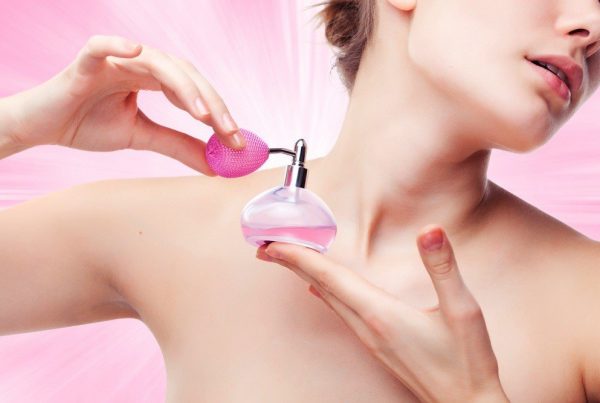From ancient Romans who used white lead to whiten their faces, to ancient Egyptians using lead and copper-based heavy eye makeup, humans have always tried to find (a times extreme) ways to enhance their beauty. But as cosmetic research and development take place, people have progressively shifted away from nature-based beauty products toward processed, packaged formulations. Just take a look at the cosmetics manufacturers’ directory of beauty vendors like BeautySourcing.
While these beauty products may be effective and convenient to use, we should also consider the environmental implications of such innovations. That said, sustainability in the beauty and cosmetic industry is becoming popular. Many cosmetic giants are even getting into the game. Let’s see which are the top eco-friendly beauty brands, shall we? Longevity Live Paid Content.
The Environmental Impact of the Beauty Industry
1. Water Usage
Water usage statistics are not widely reported, however, estimates suggest that water consumption per bottle produced in China is between 2-4 liters. Water use increases dramatically during manufacturing due to the production of plastic and paper packaging materials. In addition to the increased consumption in manufacturing, some cosmetic products have been shown to pollute our waterways.
According to reports in 2014, an estimated 15% of cosmetics end up in wastewater treatment systems. The majority of these contaminants originate from personal care products containing synthetic ingredients (e.g., fragrances).
2. Chemicals Used in Cosmetics
Chemicals are responsible for much of the harm that occurs in developing countries, especially children. More than 100 chemicals commonly found in beauty products are known or suspected carcinogens, mutagens/carcinogens, reprotoxicants, or developmental neurotoxins.
Most of these chemicals do not require testing before entering the marketplace and are not regulated by any government agency. They often enter the body through dermal contact, breathing, or ingestion, causing long-term damage to DNA and promoting cancer. When pregnant women apply makeup or sunscreen containing these chemicals, the risk of fetal development is heightened.
In 2012, the United States Department of Health and Human Services issued a report warning pregnant women to avoid certain cosmetic products, including hair coloring, permanent waving preparations, skin creams, moisturizing lotions, powders, sunscreens, lipsticks, and nail polish.
Top 6 eco-friendly personal care brands
1. Burt’s Bees
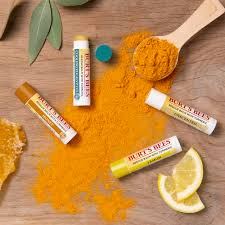
Burt’s bees began over 30 years ago as a small business selling beeswax candles at local farmers’ markets. Today, they produce a diverse assortment of natural personal care products, including lip balm, lotions, shampoo and conditioner, toothpaste, hair care products, body scrubs, shaving cream, deodorants, moisturizers, hand sanitizers, and more.
Their commitment to using only safe ingredients and never testing their products on animals have earned them a reputation as a leader in green cosmetics and personal care products.
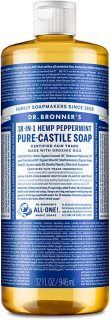
2. Dr. Bronner’s
Dr. Bronner’s Pure-Castile liquid Castile soap was developed almost 150 years ago by German immigrants who were appalled by the harsh chemicals used in commercial detergents.
Over time, Dr. Bronner’s has continued to improve its formulas while maintaining quality control standards that make it possible for consumers to use this product without worrying about harsh chemical residues.
Its natural, gentle cleaning power makes it the perfect choice for sensitive skin and children alike.
3. Seventh Generation
Seventh generation created the first line of laundry detergent specifically designed to protect our environment and people.
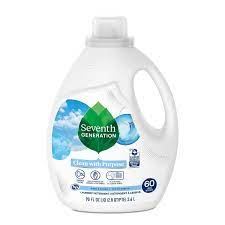
Since then, they have been committed to developing environmentally friendly household cleaners that don’t harm us, our families, or the planet.
Seventh generation uses fewer than half the water bottles compared to leading competitors’ leading products and produces less than 1/10th of the carbon footprint.
In addition to being safer for humans and the environment, their products smell great!
4. Method Products
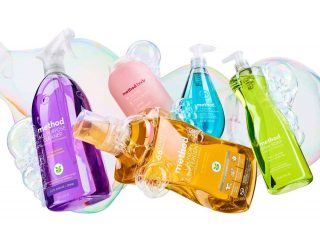
Method is an eco-friendly beauty brand whose products are known for their effective acne treatments and powerful facial cleansers. Method is also well-known for its innovative approach to skincare.
Most of Method’s products are derived from fruits, vegetables, and herbs, making them a highly sustainable option.
5. Neutrogena
Neutrogena started out selling soap and continues to do so today.
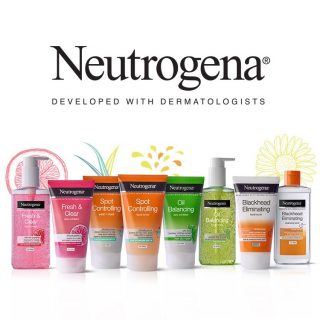
However, it is best known for its range of anti-aging skincare and cosmetics, which includes everything from eye creams and sunscreens to lipstick and nail polish removers.
These products are formulated with non-comedogenic (non-clogging) oils and botanical extracts.
6. Nature’s Gate
Nature’s gate creates products free of parabens, phthalates, triclosan, artificial colors, synthetic fragrances, and sulfate cleaners.
Their mission is to provide women with high-quality, affordable, effective, and safest products. Many of their items are cruelty-free and vegan.
Sustainability in the beauty industry is here to stay!
And there you have it!
Our top 6 most eco-friendly beauty brands. As more and more people call for beauty and cosmetic giants to be accountable for their actions, one can be certain that there will be a paradigm shift in the way businesses conduct themselves.
This trend is definitely here to stay as more people support environmentally-friendly businesses. Perhaps, we’ll soon see an updated, much more eco-friendly cosmetics manufacturers directory in all beauty retailers.


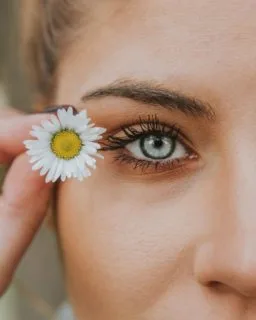
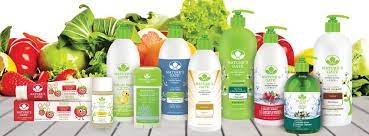
![women [longevity live]](https://longevitylive.com/wp-content/uploads/2020/01/photo-of-women-walking-down-the-street-1116984-100x100.jpg)







